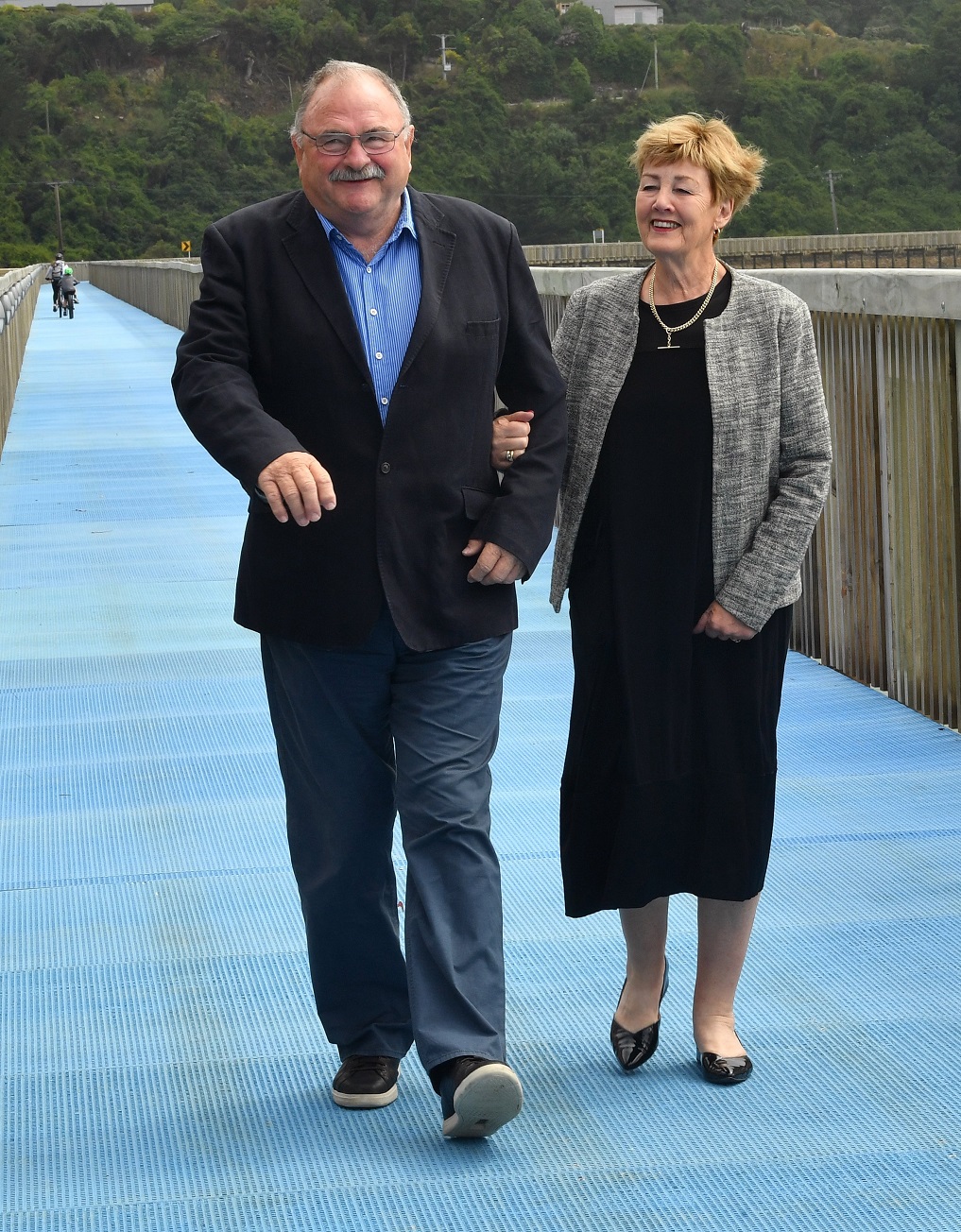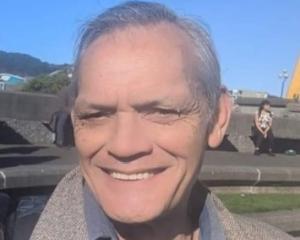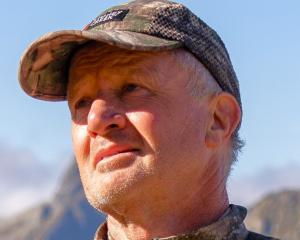
ONZM
RICHARD WALDRON BUNTON
When Dick Bunton started out as a young cardiothoracic surgeon, he never dreamt he would be receiving an Officer of the New Zealand Order of Merit (ONZM) from the King, 40 years later.
"It’s a bit like a rib cage - you just chip away at it.
"You get involved in things, you do this and you do that, and suddenly you’ve done quite a few things without realising it.

During that time, he has been head of the cardiothoracic surgery department at Dunedin Hospital since 1995, he served as chief medical officer from 2004 to 2012 and he was also medical director of patient services from 2012 to 2017.
At the direction of then health minister Jenny Shipley, he led the clinical establishment of the public cardiothoracic unit in Christchurch.
He also led a surgical team to Xian, China, to teach cardiothoracic surgery for four years, supported by medical charity Project Hope, which was led by Harvard University.
He was awarded a medal for outstanding service to the Royal Australasian College of Surgeons for his roles as an examiner for nine years, a board member, deputy chairman and the chairman of the college board of cardiothoracic surgery for four years.
He has been an independent medical adviser to both the Accident Compensation Corporation and the Health and Disability Commissioner for more than 20 years.
As chairman of the Dunedin Basic Medical Sciences Trust, Mr Bunton convenes two residential courses - one to prepare trainee surgeons for their first major exam (a course which historically has the highest pass rate in Australasia), and the other for advanced trainees in cardiothoracic surgery to prepare them for a mid-training exam.
Mr Bunton said he had never been a great believer in people getting awards for doing their job.
"But on the other hand, people put you up for this award and it’s always nice to get recognition for doing what you do.
"In terms of formal recognition, this would be the most high-profile gong.
"Although, there’s nothing quite like seeing a patient you’ve worked on, fit and healthy again and being a functional member of society - that’s gratifying."
He said now he was 70, retirement was "on the horizon", but in the same breath he said there were surgeons in the United States who were still working in their mid-80s.
"The hands are still surprisingly steady."
Asked how he kept his surgical hands so steady, he joked "I have a good glass of wine every morning - that’s what I tell my patients anyway".












